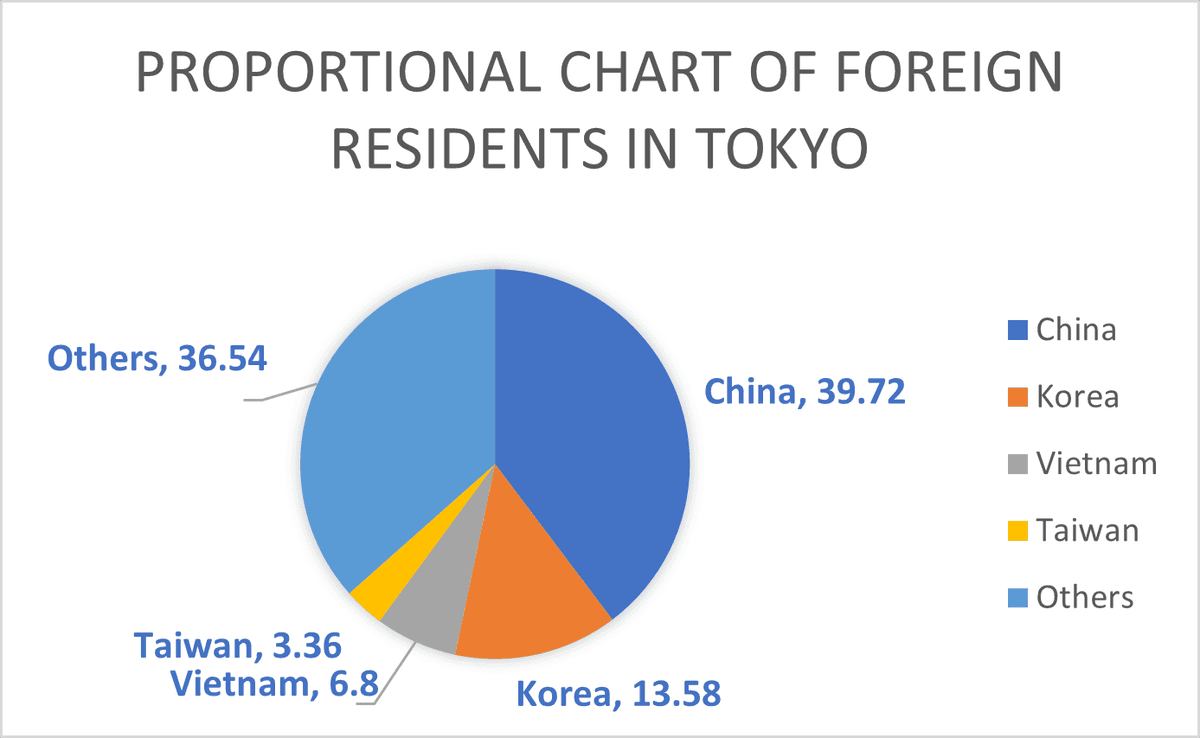Well-to-do Chinese Investors turn to Japan amid political turmoil in their home country.
Besides traditional migration destinations like Europe, America, and Australia, Japan has become a new favorite among wealthy Chinese migrants. Last year, the number of Chinese residents in Japan reached 820,000, an increase of 60,000 from the previous year.
In June last year, Henley & Partners, a firm tracking global migration trends, released a report estimating that 13,500 high-net-worth individuals from China relocated abroad in 2023. This exodus marked China as the country with the largest outflow of affluent individuals globally. The firm classifies high-net-worth individuals as those with investable assets exceeding $1 million.
Moreover, in recent years, due to the continuous depreciation of the yen, real estate prices in Japan have become relatively cheap for Chinese people, prompting many Chinese tycoons to purchase properties in Japan.
Fleeing CCP Policies
Xia Yifan, a Japan-based expert on Chinese social issues, said a major reason wealthy Chinese are leaving China is the fear that their assets will be redistributed under the Chinese Communist Party’s (CCP) “common prosperity” policy.
“You are now considered a rich person, but will your descendants continue to enjoy wealth? In other words, in communist China, your wealth is not necessarily yours,” Mr. Xia said.
“The typical political-economic feature of the CCP is the lack of protection for private property; it can be ‘communalized’ at any time,” he said.
“In addition, real estate in China comes with a 70-year usage right, after which it theoretically reverts to the state, whereas in Japan and other countries, houses and land purchased are always private property.”
He further commented that China is now in great chaos, and there is a possibility of civil unrest and war in the future, prompting many wealthy individuals to flee in advance.
“Japan, being close to China and culturally similar, with a more developed economy, healthier political system, safer society, and more relaxed immigration policies, becomes a preferred destination for these Chinese elites,” he added.
Post-Pandemic Surge
According to the latest statistics released by the Immigration Bureau of Japan’s Ministry of Foreign Affairs on March 22, the total number of foreign residents in Japan at the end of 2023 was 3,419,920, an increase of 10.9 percent from 2022. Of these, the largest group was from China, with 821,838 residents, an increase of 60,275 from the previous year. Vietnam followed with 565,026 and South Korea with 410,156.
Compared to the steady growth of the past decade, the last two years have seen a significant increase in the number of Chinese residents in Japan.
The number increased from 716,606 in 2021 to 761,563 in 2022, then jumped to 821,838 in 2023 after China’s “zero-COVID” policy was lifted.
By the end of 2023, Chinese nationals constituted 24.1 percent of the foreign population in Japan, an increase of 7.9 percent from 2022.

Tokyo is home to the largest number of foreign residents in Japan, accounting for nearly 20 percent of the total population.
The Tokyo Metropolitan Government’s early 2024 statistics show a total of 647,416 foreign residents in Tokyo, of which 257,198 are Chinese, an increase of 26,904 from the previous year, accounting for nearly 32 percent of all Chinese in Japan—meaning that one in three Chinese in Japan lives in Tokyo.

The total number and growth rate of Chinese residents in Tokyo far exceeds that of other nationalities. For example, the second largest group is South Koreans, with a population of just over 80,000, which only slightly increased from last year.

